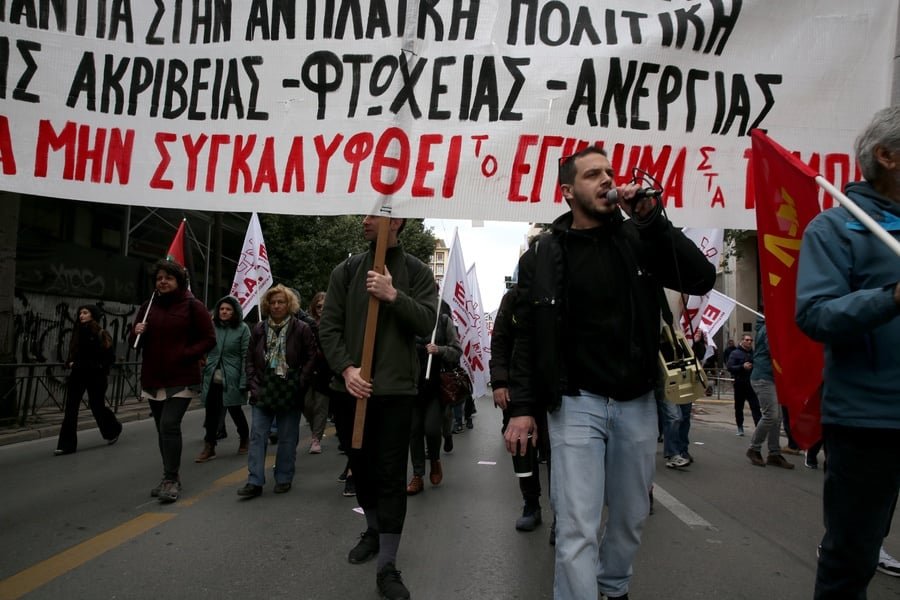
New Eurostat data shows that a staggering 66.8% of Greek citizens consider themselves poor or have difficulty making ends meet.
This rate is almost double that of the next highest country, Bulgaria (37.4%), making Greece the undisputed EU leader in “subjective poverty”—a measure of how people perceive their own financial situation.
Subjective poverty, based on EU Statistics on Income and Living Conditions (EU-SILC) data, considers various aspects of material well-being, including income, expenditure, debt, and wealth.
The data indicate that Greece has consistently struggled to reduce this perceived poverty over the last decade, remaining the only EU member where over two-thirds of the population reports such struggles.
In contrast, countries like the Netherlands and Germany recorded the lowest rates (both 7.3%), and the overall EU situation improved slightly from 2023. Meanwhile, other Balkan states like Serbia and Romania have seen notably faster reductions in their subjective poverty rates.
More than 2,700,000 people in Greece are on the threshold of poverty
According to objective poverty statistics published by Eurostat last May, more than one in four Greeks, or 26.9 percent of Greece’s population, is on the threshold of poverty or social exclusion.
In absolute numbers, this translates to 2,740,051 people in a country of 10.4 million.
The report places Greece behind only Bulgaria (30.3 percent) and Romania (27.9 percent) in the 27-member European Union, in terms of the highest proportion of people at risk of poverty or social exclusion. The EU average stands at 21 percent.
Related: Close to 3 Million Greeks on the Brink of Poverty, Eurostat Says


